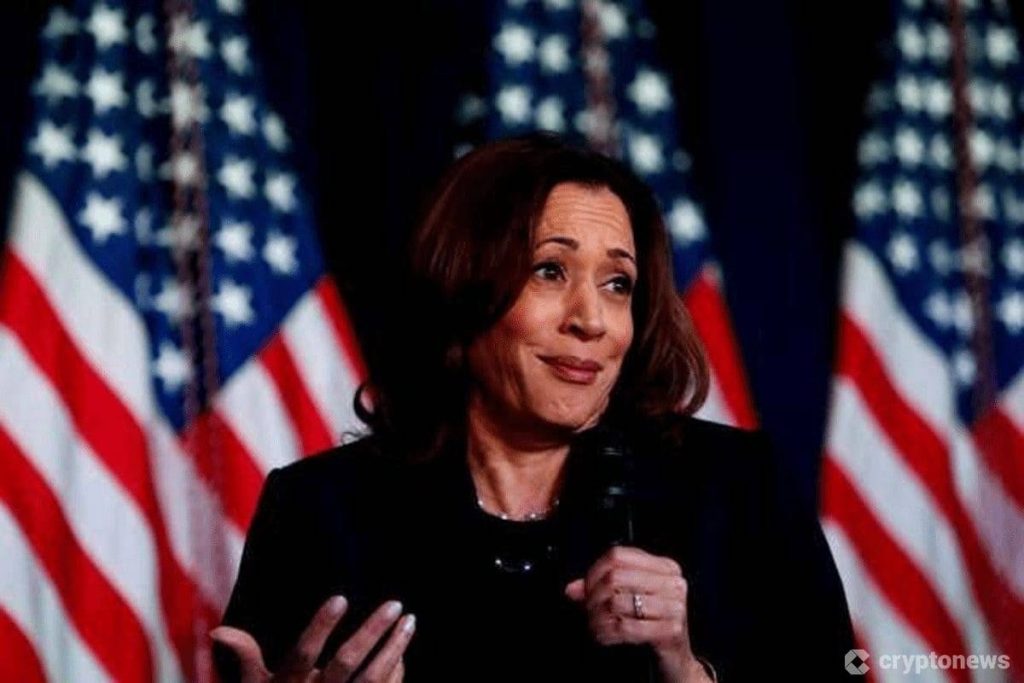Ripple co-founder Chris Larsen made a significant contribution to Vice President Kamala Harris’s presidential campaign by donating $1 million worth of XRP. The donation was made to the Future Forward PAC on August 14 and was categorized as a non-contribution account, meaning it was an in-kind donation of XRP that was not liquidated. This donation marked a new frontier in campaign finance, as it was the first crypto contribution to Harris’s campaign. Future Forward PAC utilizes Coinbase Commerce to convert donated digital assets into USDC, and it had amassed over $200 million in contributions as of August 31, with prominent donors including former New York City Mayor Michael Bloomberg and venture capitalist Reid Hoffman.
In addition to Larsen’s donation, Tether co-founder Phil Potter also contributed almost half a million dollars to the Commonwealth Unity Fund, a super PAC supporting Jonathan Deaton’s challenge against Senator Elizabeth Warren. Other prominent figures in the industry, such as individuals associated with Ripple and Gemini Co-Founders Cameron and Tyler Winklevoss, have also made contributions to the fund, which has raised over $2.5 million in support of Deaton. These contributions highlight the growing trend of cryptocurrency’s involvement in political campaigns and elections, signaling a shift in traditional campaign financing methods.
The role of cryptocurrency in the upcoming November 5 election has become a contentious issue, with different candidates offering contrasting perspectives on digital assets. Vice President Harris outlined her administration’s approach to digital assets in her 80-page economic plan, emphasizing support for technologies like artificial intelligence and digital assets while ensuring consumer and investor protection. On the other hand, Republican candidate Donald Trump has expressed his opposition to what he sees as an “unlawful and un-American crackdown” on the U.S. cryptocurrency industry, indicating a more favorable stance towards the sector. These differing viewpoints on cryptocurrency regulation and adoption will likely shape the future of the industry under a new administration.
The involvement of prominent figures from the cryptocurrency industry, such as Chris Larsen and Phil Potter, in political campaigns reflects the growing influence and acceptance of digital assets in mainstream finance and politics. The use of cryptocurrencies like XRP and Tether in campaign contributions demonstrates a shift towards more innovative and decentralized forms of financing political activities. As more individuals and organizations within the cryptocurrency space participate in political fundraising, it raises questions about the potential impact of digital assets on campaign finance regulations and transparency.
Overall, the increasing trend of cryptocurrency contributions to political campaigns, as seen in Chris Larsen’s donation to Vice President Harris’s campaign and Phil Potter’s contribution to the Commonwealth Unity Fund, signifies a shift towards alternative forms of financing in the political sphere. The intersection of cryptocurrency and politics raises complex issues around transparency, regulation, and the role of digital assets in shaping political agendas and outcomes. As the use of cryptocurrencies in campaign finance continues to evolve, it will be essential for policymakers and regulators to address the unique challenges and opportunities presented by these new modes of financial support in the political landscape.


